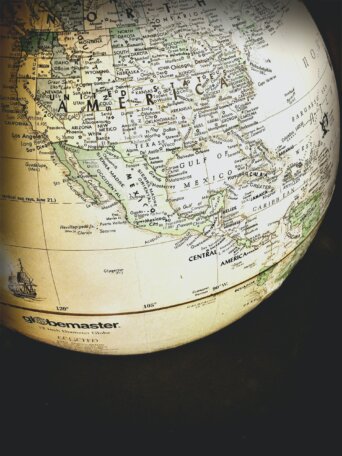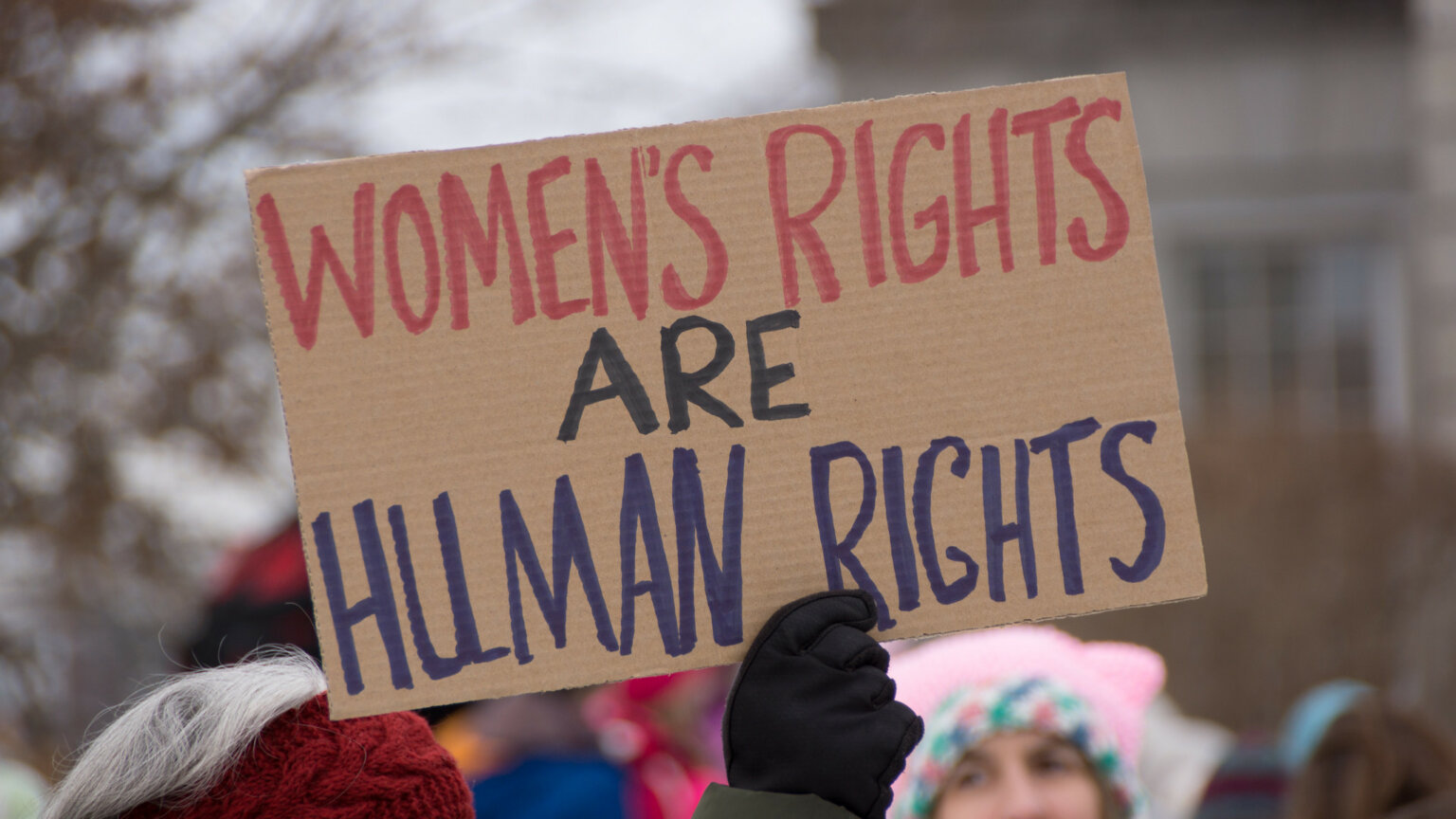- About
- Topics
- Picks
- Audio
- Story
- In-Depth
- Opinion
- News
- Donate
- Signup for our newsletterOur Editors' Best Picks.Send
Read, Debate: Engage.
The election of Xiomara Castro as the new Honduran president - the country's first woman in its history to occupy the position - is being proclaimed a turn-around for Central American politics. The victory of the Liberty and Refoundation Party's candidate represents the end of a period called "Narco-Dictatorship" due to the supposed facilitation of organised crime and violence against opponents.
The military coup that ousted Castro's husband, former president Manuel Zelaya, was followed by 12 years of a single-party government, several assassinations of candidates and their relatives, as well as activists, and polls marked by accusations of fraud; the 2021 campaign was also violent and several killings were reported. Considering previous occurrences, analysts were not optimistic whether Castro "would be allowed to win fairly, despite her overwhelming popularity."
On Twitter, Castro celebrated the switch of "tears and pain" into "joy." "The sacrifice of our martyrs was not in vain,” she stated. “We will initiate an era of prosperity, of solidarity through dialogue with all sectors, without discrimination and without sectarianism." Other Latin American politicians and public figures also celebrated the return of a democratically elected president, especially considering her trajectory on her husband's side.
Argentine vice president Cristina Kirchner tweeted that "sooner or later, the people and history always do justice." The political scientist and regional director of Latin America and the Caribbean at the Open Society Foundations, Pedro Abramovay, also used Twitter to say, referring to the Honduran coup and other deposed leaders: "May all those beaten in Latin America return to the palaces through the front doors."
As for the new government's agenda, the Impakter reports that Castro is likely to increase taxes for the richest and implement financial aids for poor and elderly people, for example. In addition, the new president-elect will face the challenge of balancing diplomatic relations with the US and China (Honduras is one of Taiwan's few international allies) while also tackling some major problems, such as corruption, migration, drug organisations and lack of women's rights.
"Unfortunately, Castro’s victory will not automatically put the country on the track to democratic consolidation," opines the American Quarterly, mentioning some immediate challenges that may worsen the situation before it gets better. "The road ahead, however, is uphill and full of obstacles. The incoming administration will have no time for a honeymoon because of the pandemic, growing fiscal debt, limited state capacity, and widespread poverty."
Meanwhile, another milestone was celebrated in Central America. The country of Barbados finally moved to leave the British monarchy and became a republic headed by Dame Sandra Mason. "For many Barbadians, the country’s move to sever ties with its colonial past is about self-identity and controlling its destiny," described National Geographic. Some people and outlets pointed out that the Black Lives Matter movement boosted the change, but this is not confirmed by republican supporters, as described by the magazine.
However, Barbados' example can promote other changes in Central America: "Some are hoping that Barbados’ decision will be a catalyst for more changes in the region, or at the very least renew conversations about colonialism, reparations, and the legacy of the British monarchy, which built its wealth on the backs of enslaved Africans", commented the National Geographic article.
Photo by Jen Theodore

